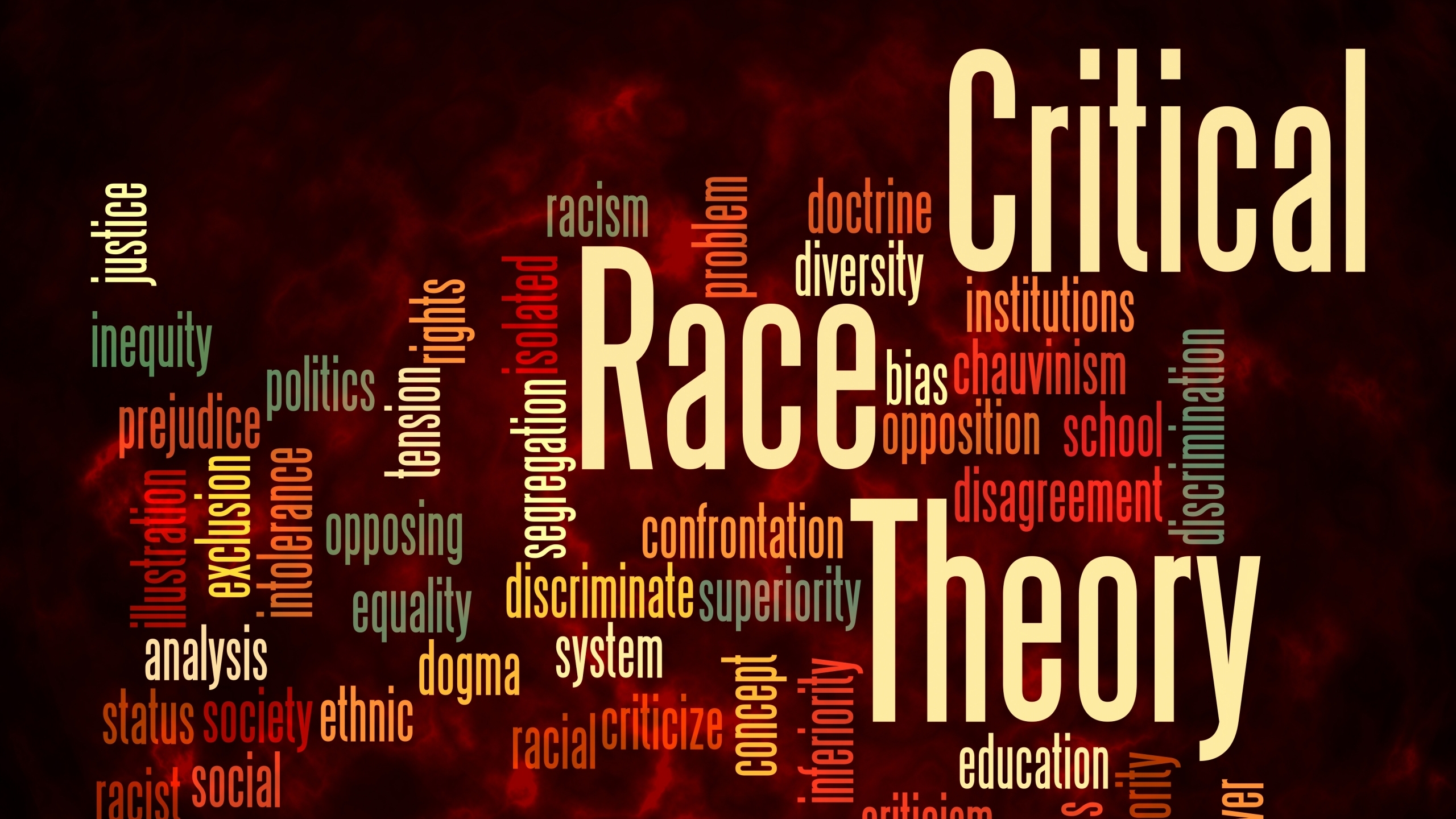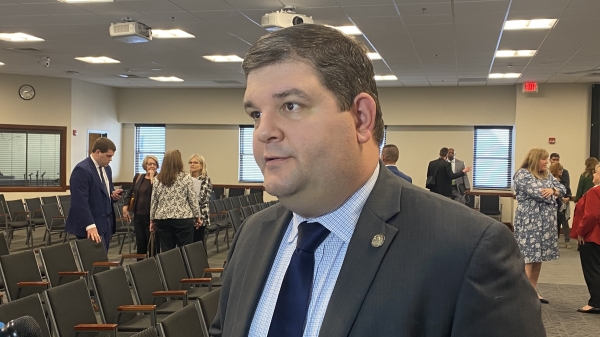The House Committee on State Government held an intense public hearing for HB7 or better known as the “divisive concepts” bill on Wednesday.
The bill is sponsored by Rep. Ed Oliver, R-Dadeville and co-sponsored by 22 other Republican lawmakers in the House. The proposed law would limit discussions of race, sex, and religion in public schools from kindergarten to college while criminalizing teachers who violate the vague law.
“This bill, as presented House Bill 7, simply prevents the teaching of some divisive concepts, which we had discussed in great detail that would, that we believe, would tend to make kids would think, some racist ideas. Now, the divisive concepts themselves, I don’t think there’s any place for them in schools at all.”
Last year Oliver presented the same bill but with 12 “divisive concepts” instead of 7 like the current iteration.
2 supporters and 7 opponents of the bill spoke during the public hearing. One supporter, Becky Garretson, executive director for the Eagle Forum of Alabama, said she backed the bill due to Critical Race Theory (CRT) dividing children and the country.
Stevie Ray Hicks, an opponent of the bill, gave her experience as an educator and future parent who is fearful of her profession being attacked.
“We are in a state where we want to take $300 million dollars for our children’s education and spend it on water parks, prisons, and plenty of other projects unrelated to schools,” Hicks said. “Alabama schools, certainly and consistently ranked as the worst in the country. We are in the midst of a teacher shortage, I myself have considered leaving the profession. Teachers are exhausted and exasperated of attacks on the profession on our schools and our students.”
Prior to the public hearing activists and organizers with the Black-led community organizations, Project Say Something and Alabama Moves, held a protest on the state house steps.
Camille Bennett, founder and director of Project Say Something, stated the bill was inherently racist and a dog whistle meant to criminalize the teaching of blackness and Black history. Bennett added that what is truly divisive is the attempt to erase Black history while commemorating Confederate history.
Monuments that commemorate a war fought to keep black bodies enslaved is divisive,” Bennett said. “Former slave plantations funded by the state that don’t expose the truth about the black bodies that built them is divisive. And the Confederate flag flown at public courthouses is divisive. The omission and erasure of Black History itself is divisive.”
3 Democratic committee members gave their comments following the public hearing.
Rep. Barbara Boyd, D-Anniston, gave a teary-eyed testimony of her lived experience under segregation and being an educator.
“I’m a product I’ve lived under under what you have in this bill taught to me all my life, racist language,” Boyd said.
Rep. Kelvin Lawrence, D-Haynesville, said that like last year’s public hearing all supporters of the bill were white and the opponents were black. Lawrence added the real racial division was being created by the bill itself.
Prince Chestnut, D-Selma, gave a seering condemnation of the bill and called out his white colleagues, predicting they would vote yes for the bill.
“It’s divisive. that not a single white person on this committee is going to vote no against this bill,” Chestnut said.
A roll call vote was held and all of the white committee members voted yea to the bill.
There is currently an injunction in Florida halting similar legislation targeting CRT.
The bill will move to the House of Representatives like the previous year.



















































